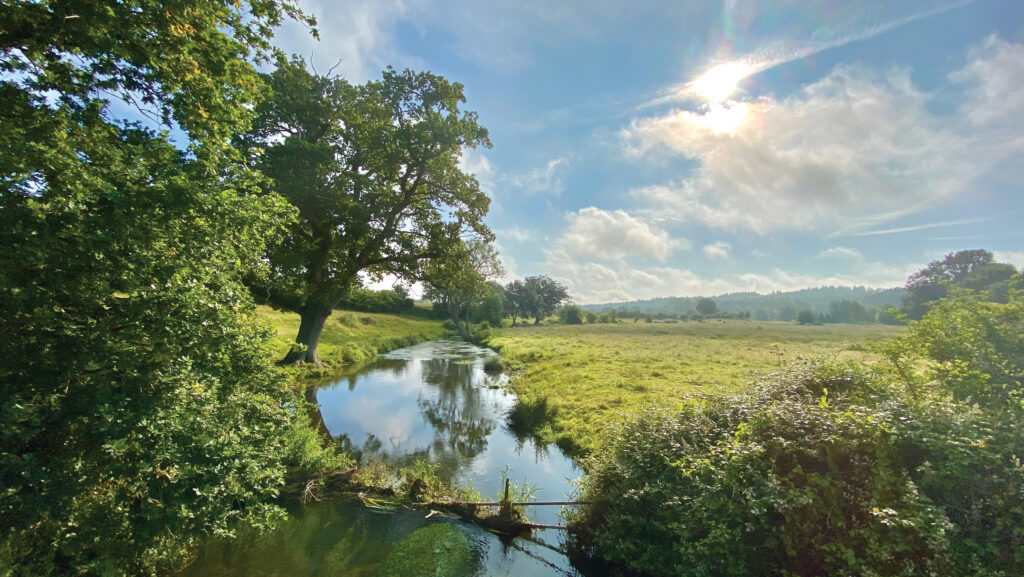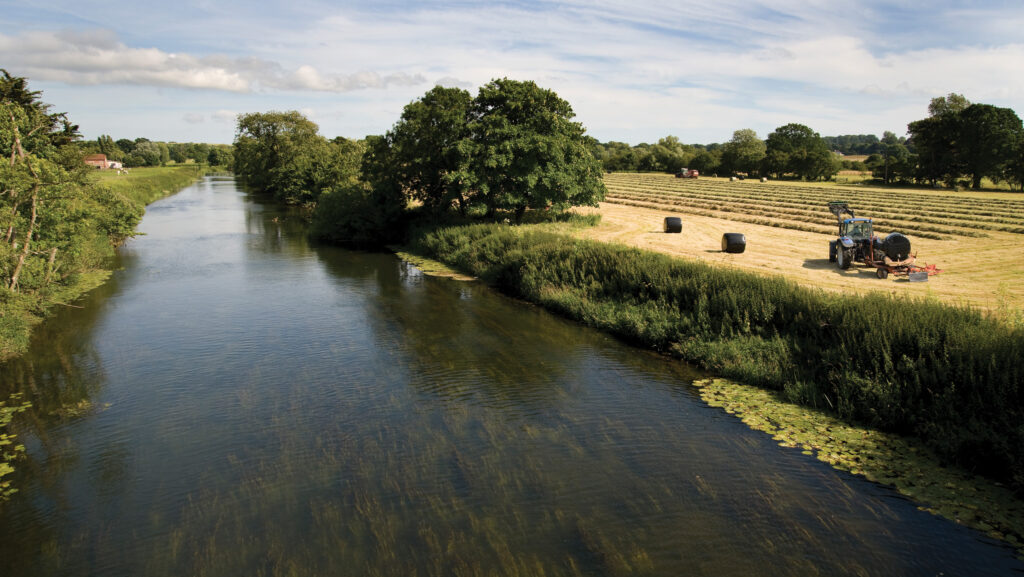Transition webinar: How big business can bolster farm income
 © istockphoto/Keith Rose
© istockphoto/Keith Rose Private companies looking to improve their environmental credentials are increasingly willing to pay farms to switch to more sustainable farming methods, according to experts on the panel at a recent Farmers Weekly webinar.
See also: 6 business areas to focus on for Transition farming success
Expert panel
Transition Project editor and webinar host Johann Tasker was joined by five experts to discuss issues surrounding private funding sources for public goods including – potential rewards, commitment and how to start the process.
- Sarah Belton Founder/director of Nutrient Neutral
- Ben Makowiecki Agricultural sustainability director at Lloyds Bank
- Richard Maryniak Partner at the Aqualate Estate
- Harvey Davies Solicitor on Thrings’ planning and environment team
- Will Strong Commercial sustainability specialist at Frontier Agriculture
Watch the video or read the report below.
Will Strong explained that public goods include water and air, carbon, soil and social benefits, such as access to amenity areas that can aid mental health and wellbeing.
He suggested there was a wide range of potential companies that could be interested in funding change to these goods on farms such as developers, utility firms, retailers, food and grain processors, transport companies, banks and energy providers.
Harvey Davies added that finance and investment companies – or even wealthy philanthropists wanting to do their bit for the environment, – could also be potential funding sources.
Explaining how the funding could work, Sarah Belton highlighted biodiversity net gain (BNG) units, carbon credits and nutrient neutrality schemes.
She explained that the driver for nutrient neutrality was a requirement for new construction projects to avoid increasing nitrogen and phosphorous in the local environment.
Farmers signing up to the scheme are paid to reduce water pollution and protect sensitive wildlife areas to balance out the impact of the development.
The potential market
The market is potentially lucrative. Sarah quoted a case study of a colleague who trades BNG units at £25,000-£30,000 each, with 6 units/ha.
However, the panel stressed that despite headline figures for funding markets, there was a great deal of uncertainty over their widescale and long-term potential.
Private sources vary between areas, and the market may be limited in some locations.
Harvey pointed out that offsets for construction represented only a small market, with the total UK area amounting only to a few hundred hectares a year.
Ben Makowiecki said that applied to the whole private funding market, which was dogged by uncertainty and a great deal of reticence. It is a fledgling market and there is a lack of understanding and trust, Ben said.
Farmers and growers are hanging back to see how it develops and watch others take the first steps. But But despite the uncertainty, the panel stressed it was still important to be prepared.
Starting point

© istockphoto/charliebishop
Richard Maryniak said that while there is not yet a lot of material delivery, the markets would come, and so it was important to be ready.
As a key member of a farming cluster, Richard advised that farmers and growers were better off working together to attract private funding.
Cluster members have advice, support and experience of like-minded farmers in a similar location. They also have more clout when making bids for schemes.
Regardless of whether a farmer is part of a cluster, he said the starting point was to review the farm and research, and analyse the private markets available using website searches and contacting advisory services that specialise in this type of venture.
The panel put forward a number of sites where information is available, including the Green Finance Institute and searching the term “nutrient neutral” on the Defra website.
Ben suggested the Soil Association Exchange, that worked for the whole industry, not just organic farmers. Will added that companies like Frontier had specialists and advisers who could help identify funding sources.
Richard pointed to farmerclusters.com as a starting point.
With the research started, the farm itself should be reviewed and its potential assets noted, like woodland expansion, amenity ventures and soil, water and air quality improvements Baselining must then be carried out.
Possible pitfalls
Any payments will be based on the amount of quantifiable improvements to the environment a process known as additionality, said Ben.
If work goes ahead before baselining, there won’t be a way of measuring the improvement, or of securing agreements. It’s essential to have the farm baselined, said Sarah.
From a legal standpoint it is important to recognise that these private agreements differ from Government schemes in their duration, said Harvey. While a government scheme will normally run for up to 10 years, nutrient neutrality can be 30 to 120 years.
It is also crucial to understand constraints on the use of the land will operate for the whole period of time and markets over the next 120 years may change considerably.
The agreement holder must also be able to demonstrate genuine additional environmental change or risk breaching the contract.
These constraints could cause a further issue in degrading the land value to prospective purchasers. There are also set-up, legal and ongoing management costs.
